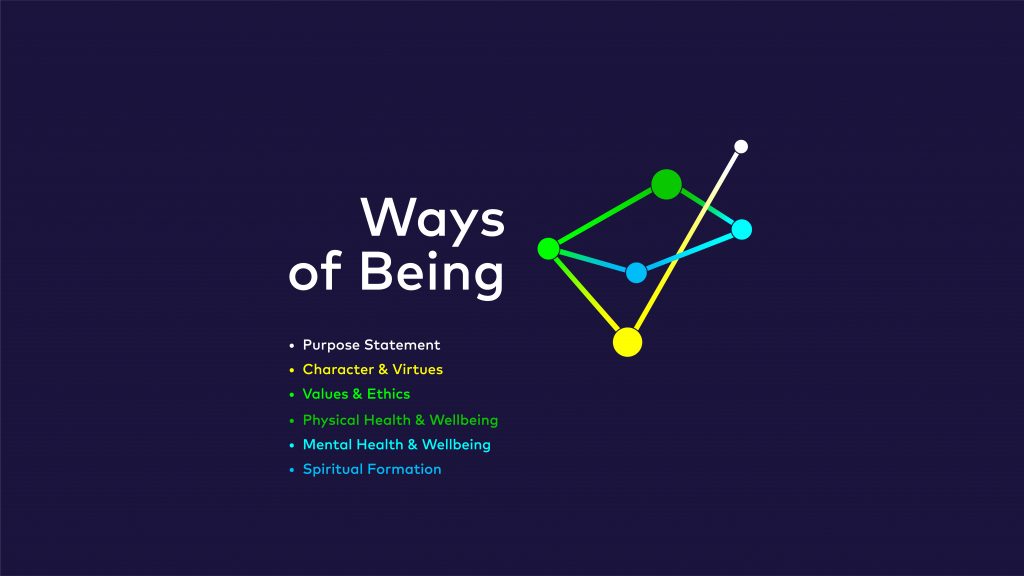
So what is “Ways of Being”?
“Educating the mind without educating the heart is no education at all” – Aristotle
“We must remember that intelligence is not enough. Intelligence plus character – that is the goal of true education.” – Martin Luther King Jr.
I expect you have probably heard us use the phrase “St Paul’s School offers a holistic education”, but perhaps you aren’t (yet) so familiar with Ways of Being. As you will gather from the Aristotle quote above, Ways of Being is the framework we have developed at St Paul’s to deliver a holistic education. It’s a framework that acknowledges that schools like ours see students as whole people – that is, as individuals with a heart and soul, as well as a mind.
Much of the current debate around education in Australia at the moment is centred on the issue of what really matters. Government policy (driven by economic imperatives) and much of the media commentary seems to suggest that what matters most are academic outcomes, as measured by NAPLAN and ATAR results. Yet most educators (and many parents) would argue that the most important outcomes are not these numbers, which indicate academic progress at a particular point in time. Rather, most of us subscribe to a more holistic ideal of education, in which we focus on who the child is becoming, rather than simply what knowledge and skills they have acquired. We want our children to live good lives. We want them to flourish.
At the heart of “Ways of Being” is the belief that true human flourishing requires that we be thriving in all aspects of our lives – physically, psychologically, intellectually, socially and spiritually. Our commitment to a holistic view of human development leads us to understand that achievement of (especially intellectual) skills and understanding cannot be separated from a concern over the type of person that we are becoming. While we believe that each child is born with unique predispositions, capabilities and personality traits, we also believe that the education of the child (at home, at school and for the rest of their lives) involves the development and optimisation of both intelligence and character.
Our Ways of Being framework (like our complementary Realms of Thinking framework) comprises six elements, as shown below. In coming weeks, I will explain each of these elements in further detail.
 Mr Nigel Grant
Mr Nigel Grant
Executive Director of Faith & Community
